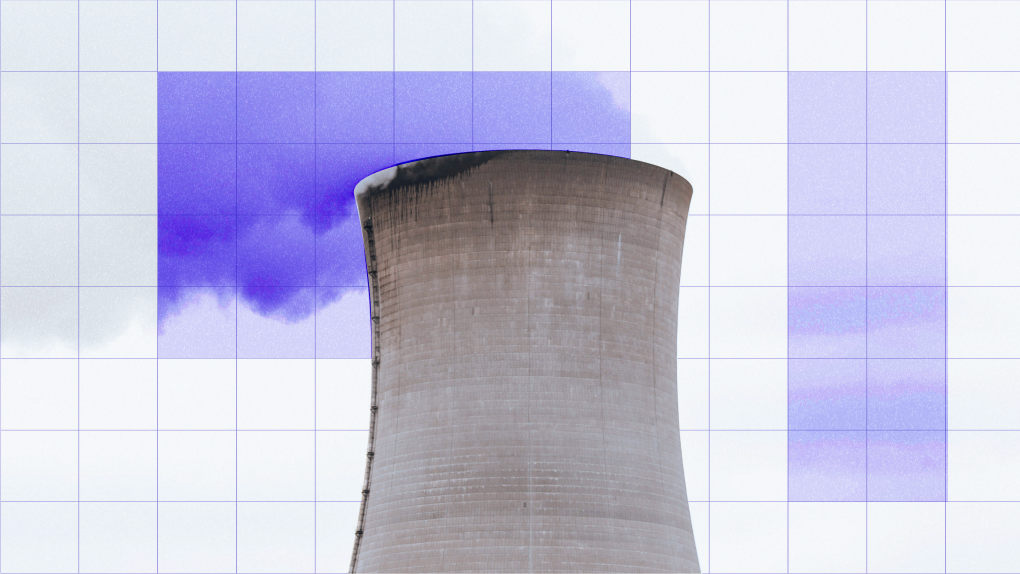“We need the debate on nuclear powered electricity to be based on the latest economic facts”, says The Superpower Institute Chair, Rod Sims.
The Opposition Leader today made claims in support of nuclear, which aren’t grounded in the latest economic facts.
“The facts are that the costs of nuclear power have been stable or increasing for years while the cost of solar and wind have massively declined. Nuclear is now considerably more expensive than renewable energy for those countries with access to good renewable resources. We should plan for these trends to continue,” said Mr Sims.
“Just 15 years ago solar powered electricity was uneconomic. Today, solar power is the cheapest form of electricity, and getting cheaper, for those countries lucky enough to have great solar resources like Australia. The economics of wind have also gone through a similar transition,” Mr Sims said.
The economics are clear now. According to Bloomberg: "For over three-quarters of the world's population, they now live in a country where it's cheaper to build new wind and solar generation than any other form of new carbon-intensive electricity supply. Over the past decade, we've seen over a 90 per cent reduction in the cost of buying solar modules. That's an incredible cost trajectory for any technology in any sector of any system”.
Mr Dutton’s speech pointed to examples of nuclear power in other countries.
“These countries often invested some time ago, and simply lack the abundant, high quality renewable resources Australia has. Australia has a clear economic advantage in producing renewable energy over these countries,” Mr Sims said.
Mr Dutton also suggested that Australia’s current plan is a “renewables-only” plan and this creates reliability issues.
“Let’s be very clear: renewable energy can be firmed by a combination of batteries, pumped hydro, a small amount of peaking gas, and other means. Doing this is two to three times cheaper than nuclear power, even accounting for transmission costs.
“Let’s be very clear: renewable energy can be firmed by a combination of batteries, pumped hydro, a small amount of peaking gas, and other means. Doing this is two to three times cheaper than nuclear power, even accounting for transmission costs.
“Gas is a very expensive form of electricity generation, and any expansion of it beyond peaking, as Mr Dutton advocates for, is clearly going to push up prices”, Mr Sims said.
The Opposition Leader has claimed the cost of the renewables transition is between $1.3 to 1.5 trillion.
“Mr Dutton seems to claim much of this can be avoided by a nuclear-centric plan. While we await to see the costings of this, what we can say is that a plan to build nuclear power on seven sites is going to deliver a fraction of our energy needs by 2050. If the balance comes from renewables, then the costs Mr Dutton associates with renewables will still be borne. If the balance comes from gas, an extremely high-priced source of electricity generation, we can only face much higher energy prices,” Mr Sims said

